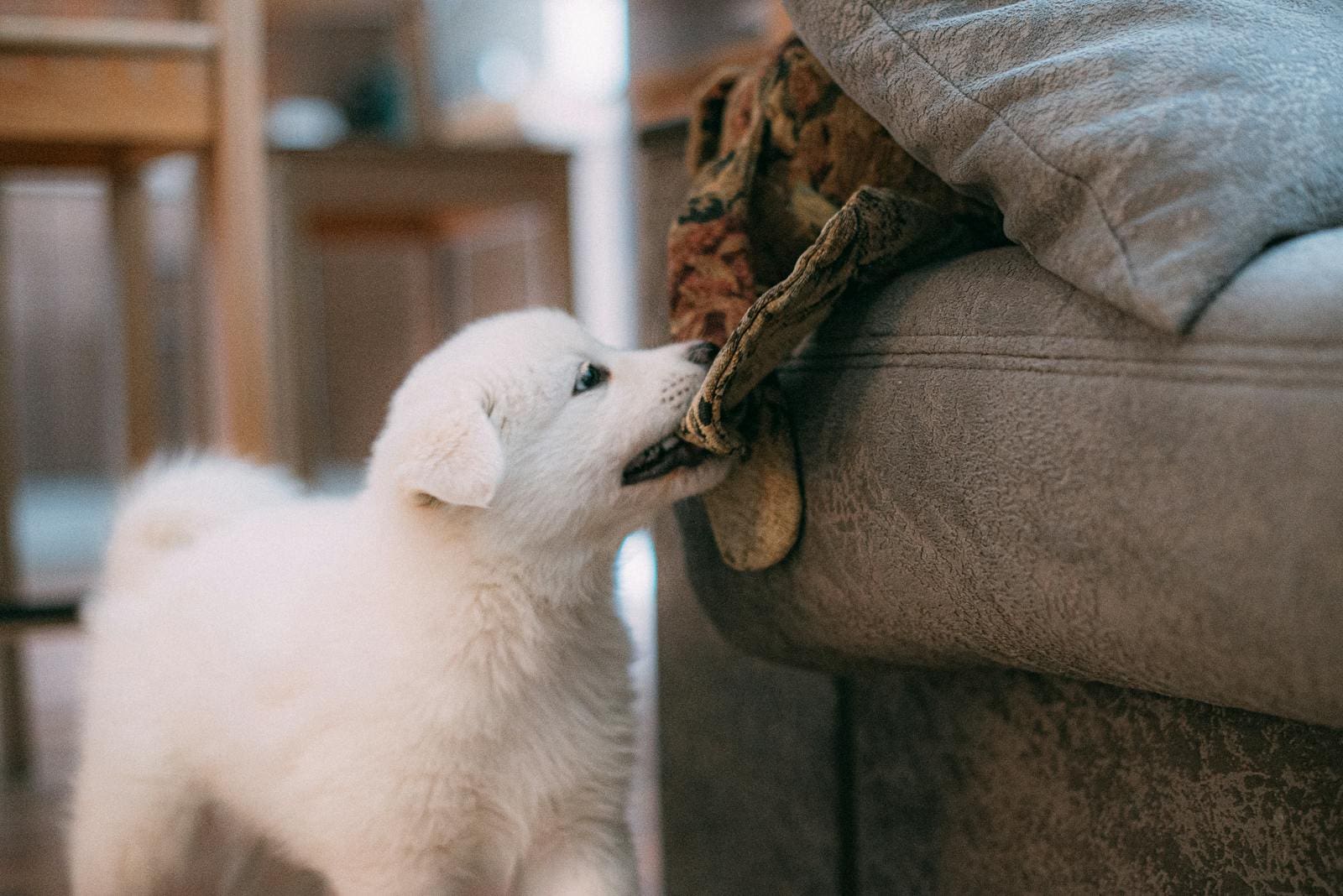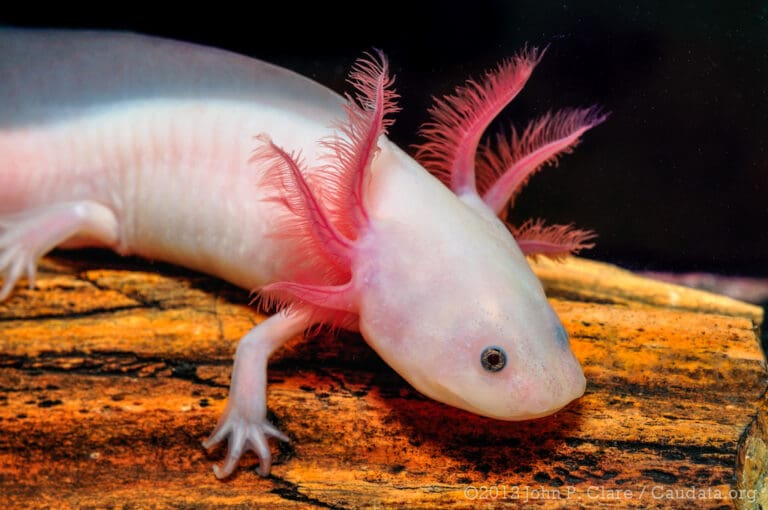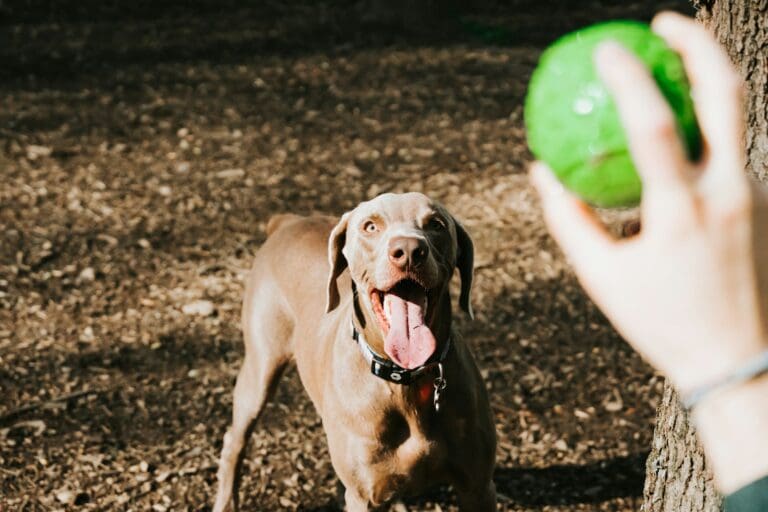Biting is a natural urge for puppies. With calm patience, you can redirect your pup’s sharp teeth away from what they shouldn’t bite and toward appropriate chew toys. These 10 tips will fix your puppy’s bad biting habits.
10. Understand Why Puppies Bite
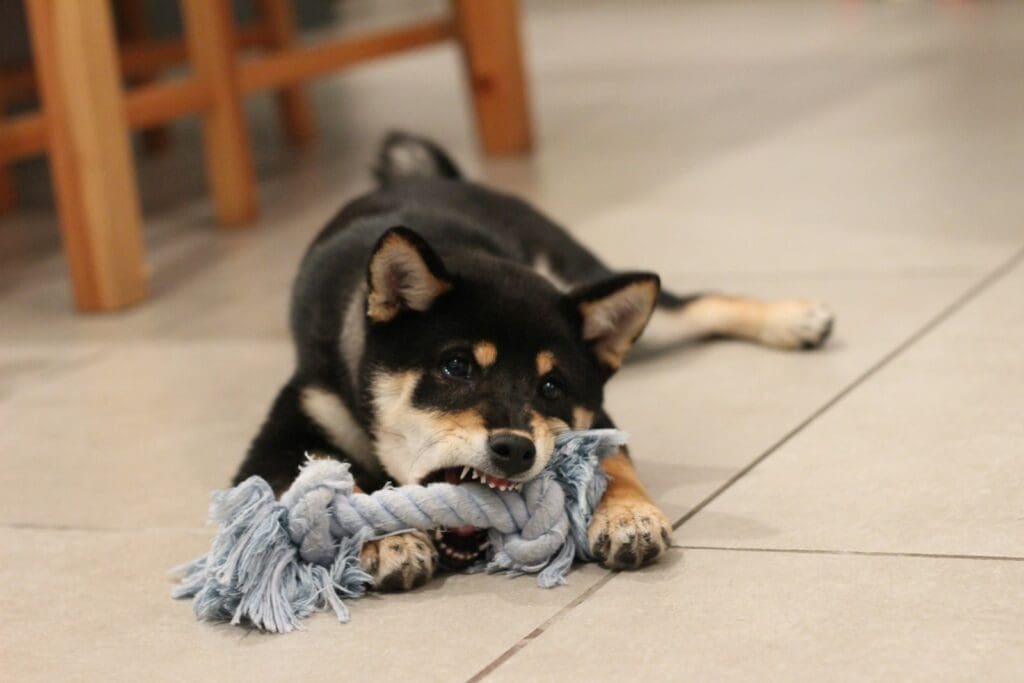
To stop biting, you need to understand the 5 main reasons they bite in the first place.
- Puppies have a natural urge to chew and bite.
- Puppies are teething between 3-6 months of age.
- Puppies use their mouths to explore.
- Puppies are drawn to movement and nip at what moves.
- Puppies expend energy through mouthy play and nip when overtired.
9. Manage the Environment
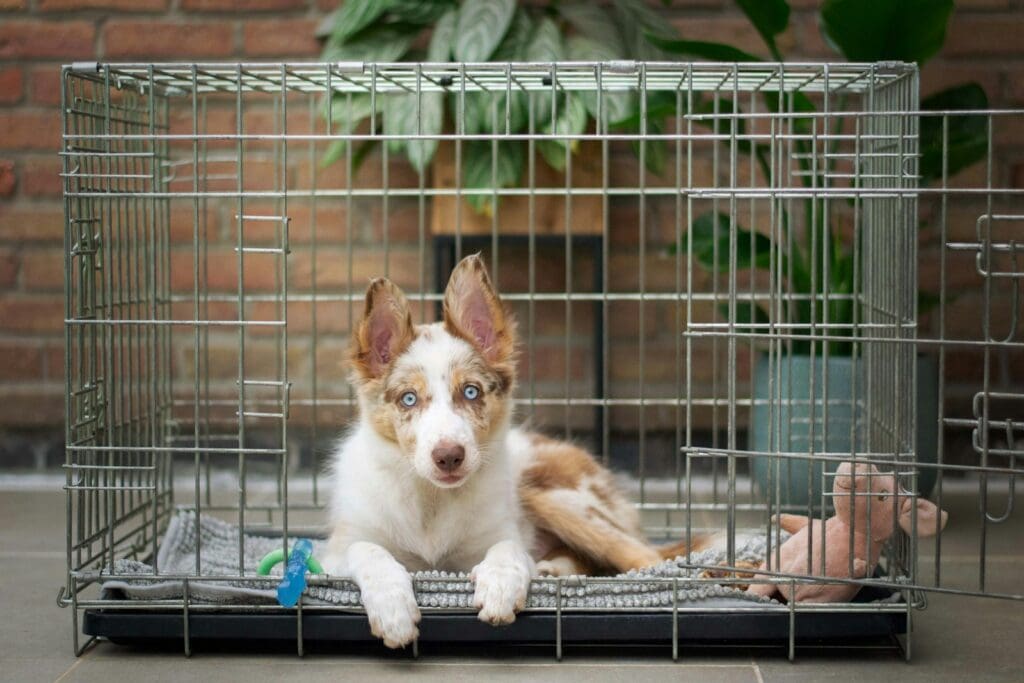
Puppies need between 18-20 hours a day of sleep. But they’ll need a transition from stimulation and activity by having a quiet, safe, comfortable place to relax. Use crates, puppy pens, and baby gates to keep your pup away from excitement and stimulation. Crates should never be used as punishment, only to refocus your pup and give it rest.
8. Mind Your Movements and Pup Triggers
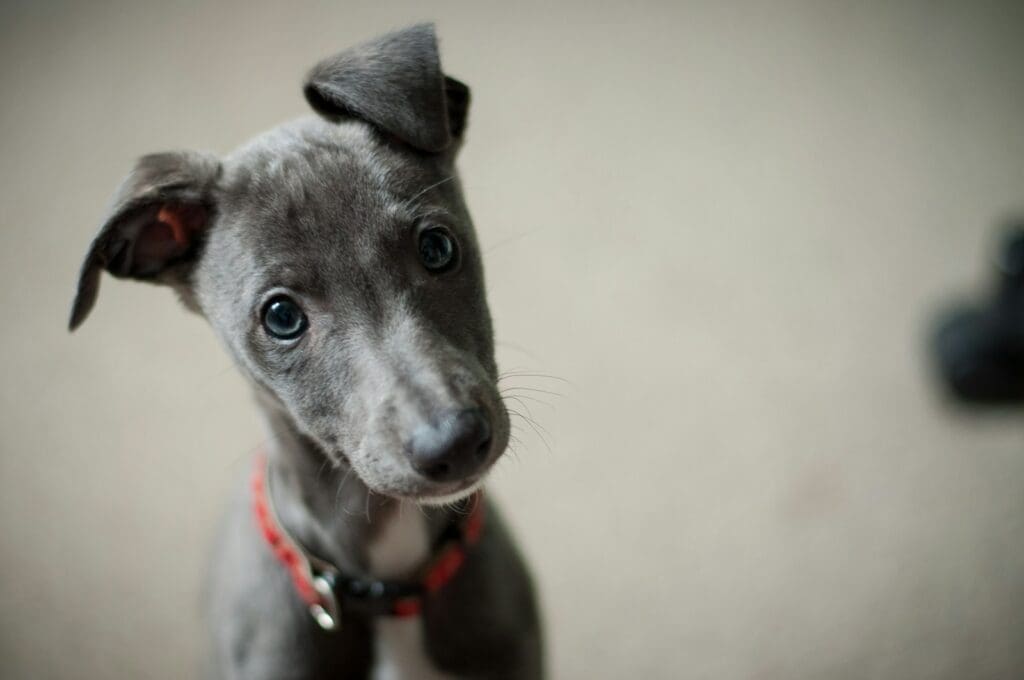
Puppies are drawn to movement. Your body posture, sitting on the floor, or bending, may trigger your pup to get excited and greet you by biting. It’s crucial to pay attention to how your movements and body posture trigger your puppy’s biting. Change things up and see what helps. Teach your pup your body and clothing are not toys.
7. Redirect Behavior
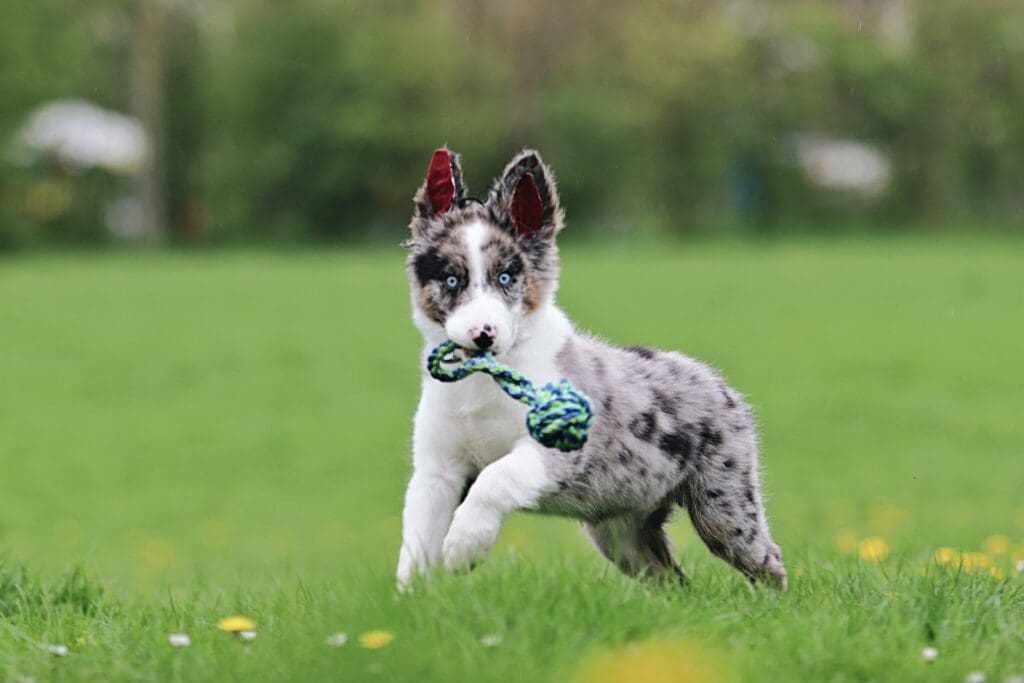
One of the most important techniques for teaching a puppy not to bite is to redirect their behavior toward another object. When the pup bites, first direct it away from you. Next, give your pup an appropriate chew toy instead. During the biting phase, you may want to keep a chew toy on you at all times.
6. Reward Positive Behavior
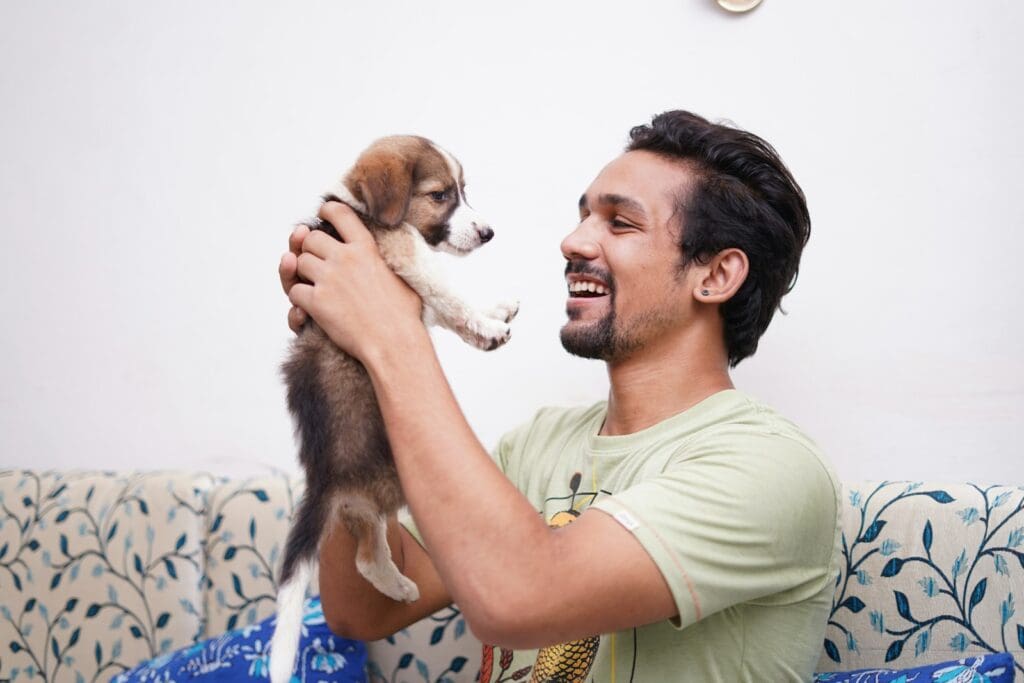
When your pup chews on its chew toy, praise the dog with a “good boy.” You may even want to offer the pup a small treat. Engage strongly for the right behavior. It’s important to catch and praise the behaviors you want before they lead to the ones you don’t. Positive reinforcement works because dogs love to please.
5. Teach Bite Inhibition
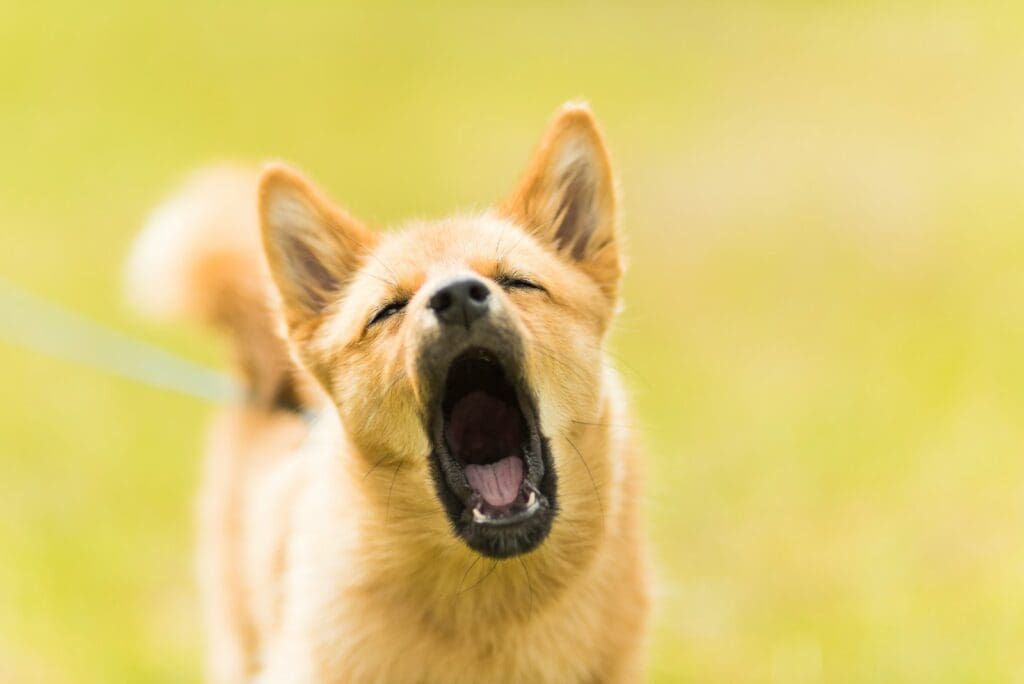
Bite inhibition is the dog’s ability to control how hard it bites. Most dogs learn bite inhibition by socializing with other puppies. When one bites too hard, the victim yelps. The puppies learn playing too rough means losing a playmate. If your puppy bites, yelp and end playtime immediately. This shows the puppy it has caused you pain.
4. Use Taste Deterrents
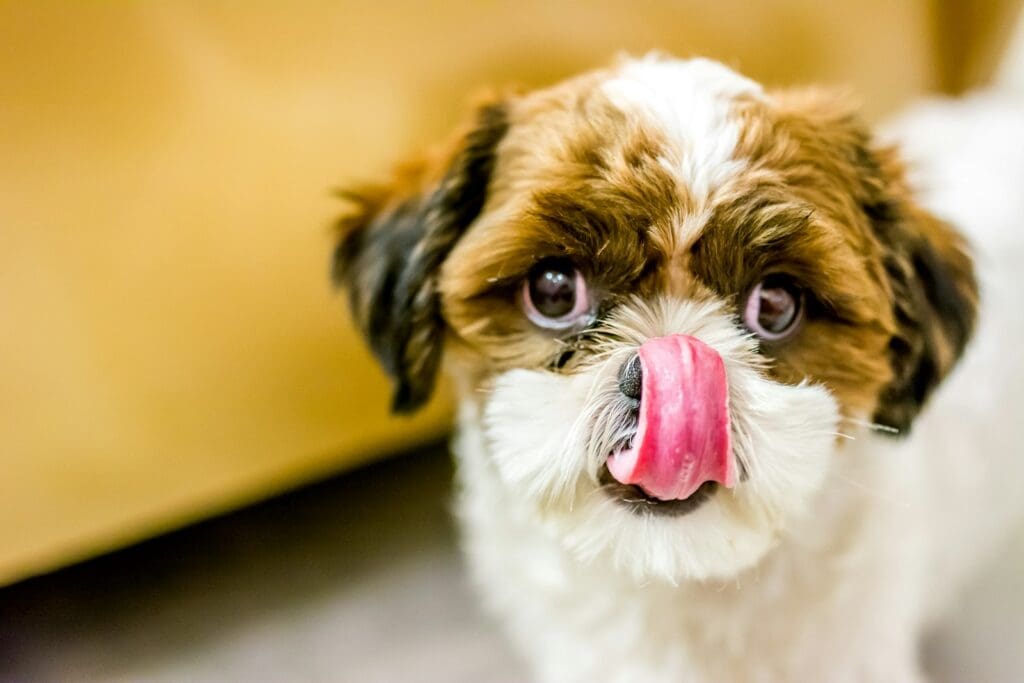
Taste deterrents are another method for discouraging a puppy from nipping and biting things such as hands, furniture, and other objects. There are sprays you can buy or create yourself. Generally, dogs dislike bitter, salty, spicy, and sour tastes. Do your research to ensure you’re not using something that could be hazardous to or sicken your pup.
3. Provide the Right Chew Toys
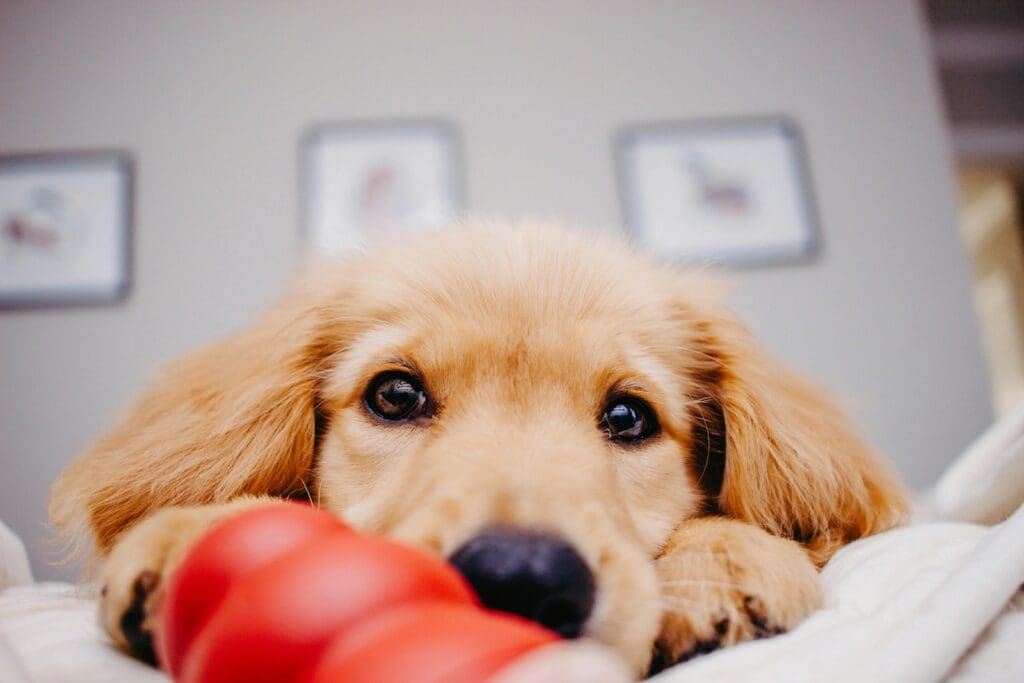
You’ll need more than one chew toy around. Pups get bored and need to move onto something new and interesting to chew. The best toys for teething puppies are Nylabones, Benebones, marrow bones, and Kongs. Stuffed toys and some squeakers can be chewed apart too easily and ingested, which could lead to a need for surgical removal.
Read More: 10 Dog Breeds Most Likely to Bite Humans
2. Encourage Play Without Touching
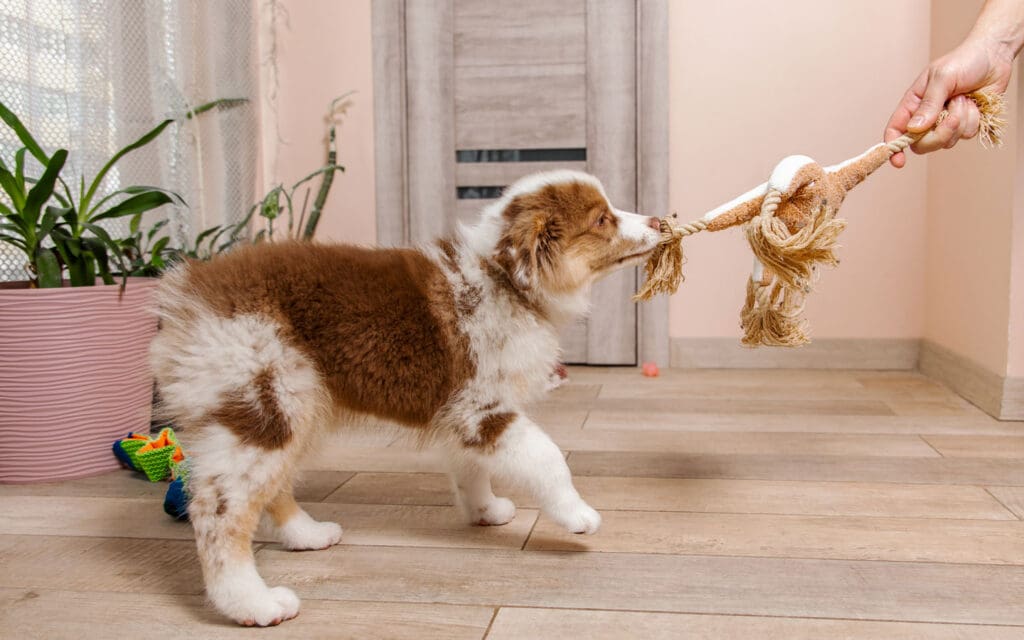
Although you need to spend time engaging and interactive play with your pup, you must remember touching is a trigger for biting. Therefore, engage in play that does not include touching. Games such as fetch, gentle tug of war, chasing an extra-long rope, or chasing a flirt pole are perfect choices. These games keep human hands away from puppy mouths.
Read More: 10 Things Every New Puppy Owner Should Do
1. Make Sure They Get Adequate Exercise and Sleep
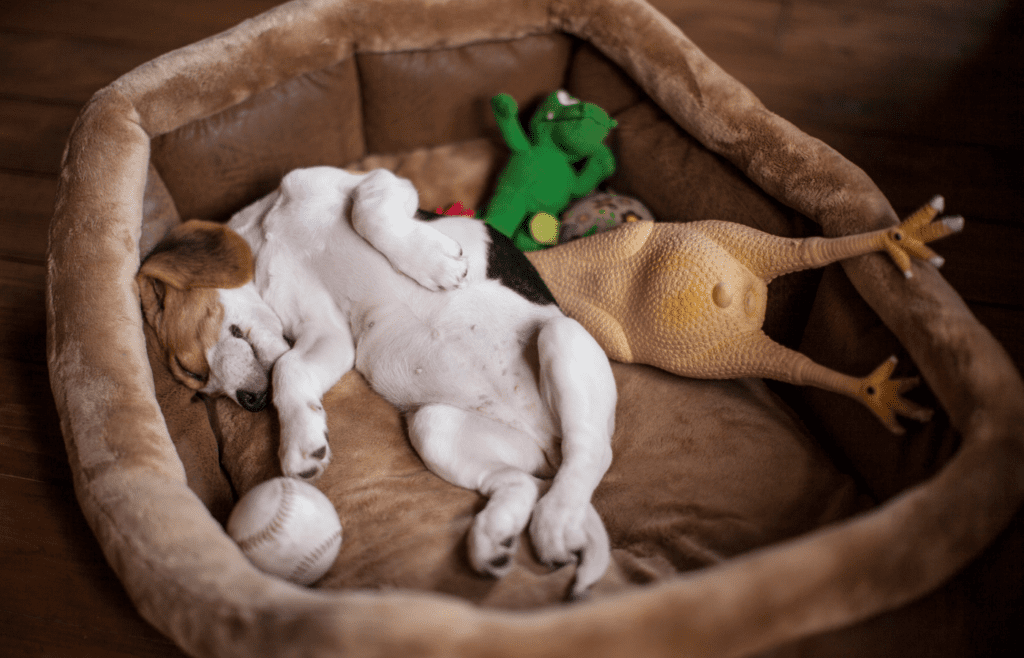
Puppies need 18-20 hours of sleep daily. They’ll be less likely to bite if they get exercise to release pent-up energy. Puppies will nip and bite when they’re overtired or overwhelmed. Start a cool-down activity for your pup, allowing it to calm down. Calmly lead your puppy to its crate for rest. Never use a crate as punishment for biting.
Read More: 10 Reasons Your Dog Might Bite You

